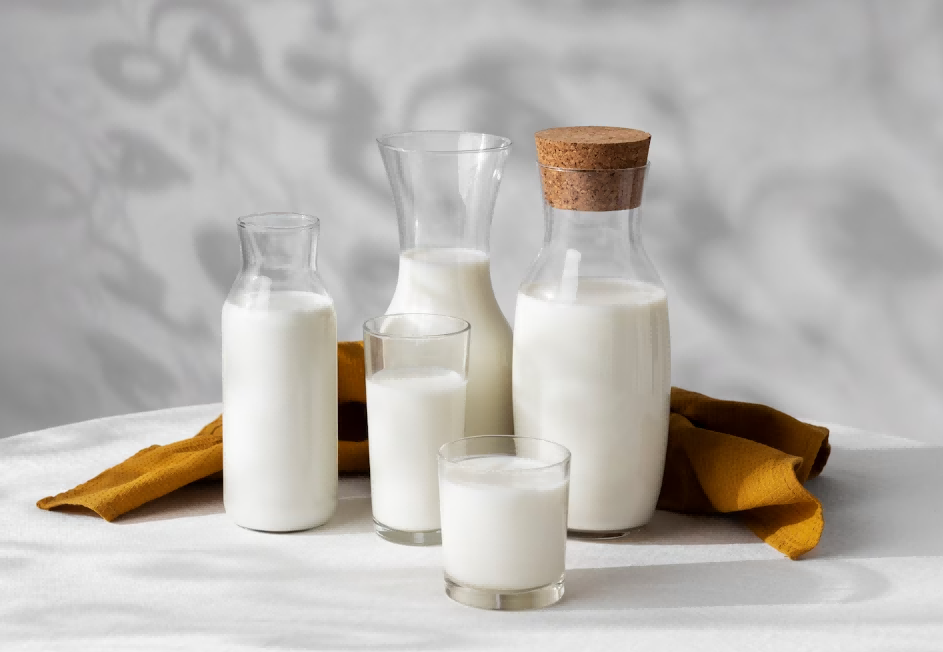 Import News
Import News
 12-09-2023
12-09-2023
The global trade landscape is vast and diverse, with countless products
crossing borders daily. Among these products, glass holds a unique place. In
this article, we will explore the differences between imported glass and other
ordinary imported products, shedding light on the complexities of international
glass trade.
>>>Online Customer Service Consultation<<<

Imported Glass: A Specialized Commodity
1. Glass as a Fragile Commodity:
Unique Handling Requirements: Glass, being inherently fragile, demands special care during transport and handling. Unlike many other products, it cannot withstand rough treatment, making it a specialized commodity.
2. Quality and Standards:
Stringent Quality Control: Imported glass often adheres to stringent quality control standards. This is due to its application in critical areas such as construction, automotive, and electronics, where any defects can have significant consequences.
3. Customization and Diversity:
Bespoke Glass Products: Glass imports are not limited to standard sheets or panes. The glass industry caters to various needs, producing custom sizes, shapes, and types, including tempered, laminated, and coated glass.
4. Unique Packaging:
Protection is Paramount: Packaging for imported glass is a crucial aspect of ensuring its safe arrival. Crates, padding, and shock-absorbing materials are common in glass shipments, unlike many other imports.
5. Specialized Trade Routes:
Glass Manufacturing Hubs: Glass is often produced in specialized manufacturing hubs. This leads to unique trade routes and logistical considerations, quite distinct from the broader import-export landscape.
Read Also: What Are the Potential Challenges or Risks Associated with Import Glass?
Challenges in the Glass Trade
1. Fragility and Breakage:
Breakage Risk: Glass imports face a significant risk of breakage during transit. This risk necessitates meticulous packaging and handling, increasing costs and complexities.
2. Customs and Standards:
Harmonizing Regulations: Different countries may have varying standards for glass quality and safety. Importers must navigate these regulations to ensure compliance.
3. Shipping Costs:
Volume and Weight Considerations: Glass products can be heavy and bulky, leading to higher shipping costs compared to smaller, lighter imports.
4. Environmental Concerns:
Sustainability: Glass production and transportation can have environmental impacts. Importers may need to address sustainability concerns, such as recycling and carbon emissions.
Read Also: Are There Any Emerging Trends In The Import Glass Industry That Impact Import Choices?
Ordinary Imported Products
In contrast to imported glass, ordinary imported products encompass a wide range of goods, from electronics to textiles and consumer goods. These products often have different characteristics:
1. Diverse Product Types:
Consumer Goods: Ordinary imports include everyday consumer items like clothing, electronics, and household goods, which have varying handling and storage requirements.
2. Less Stringent Quality Control:
Quality Variances: While quality control is essential, the standards for ordinary imports may not be as stringent as those for specialized products like glass.
3. Varied Packaging:
Packaging Options: Packaging for ordinary imports depends on the nature of the product, but it is generally less complex than that of glass.
Conclusion
Imported glass stands apart from other ordinary imported products due to its fragility, specialized manufacturing, and unique handling requirements. It requires meticulous attention to quality, packaging, and standards. Understanding these distinctions is crucial for importers, as it shapes their approach to international trade, logistics, and regulatory compliance in the complex world of glass imports.
"To do a good job, one must first sharpen one's tools."
Using effective global trade tools can help international traders achieve more with less effort, akin to giving oneself a pair of wings. While others are walking, you might be running, and while others are running, you could already be flying. Whether you're looking for known company names or websites, or seeking new customers, Tendata's global trade tool, Tendata iTrader, only requires a search using the product name or HS code. There's no need for various search commands, simplifying the complex search process, and providing you with potential customers related to the search criteria. The search results include intuitive and valuable information such as company websites, company names, contact numbers, emails, and social media profiles. (>>>Click to Learn More)


Category
Leave Message for Demo Request or Questions


 T-info
T-info T-discovery
T-discovery

 My
Tendata
My
Tendata Market Analysis
Market Analysis Customer
Development
Customer
Development Competitor
Monitoring
Competitor
Monitoring Customer Relationship
Customer Relationship





































































































































